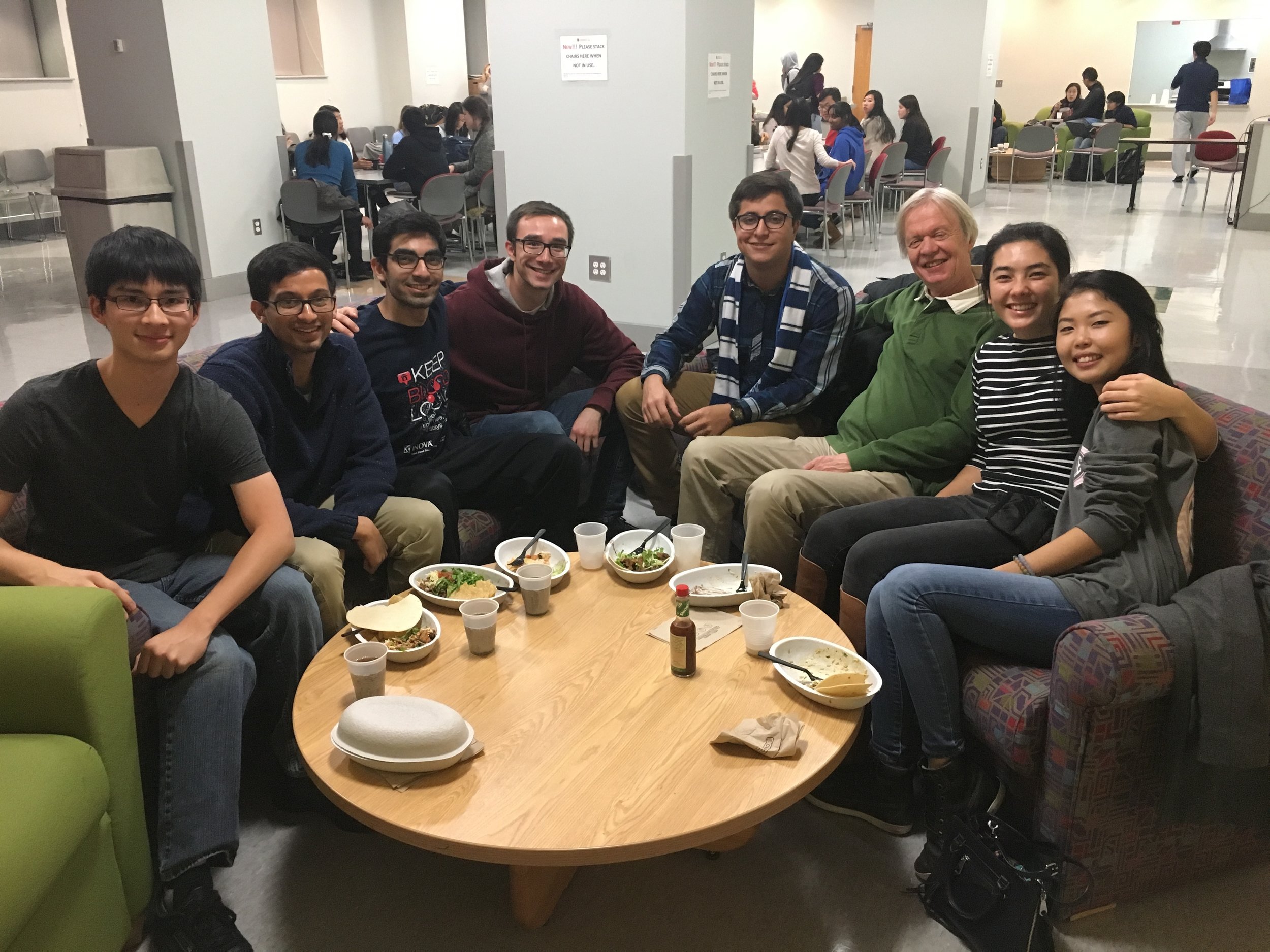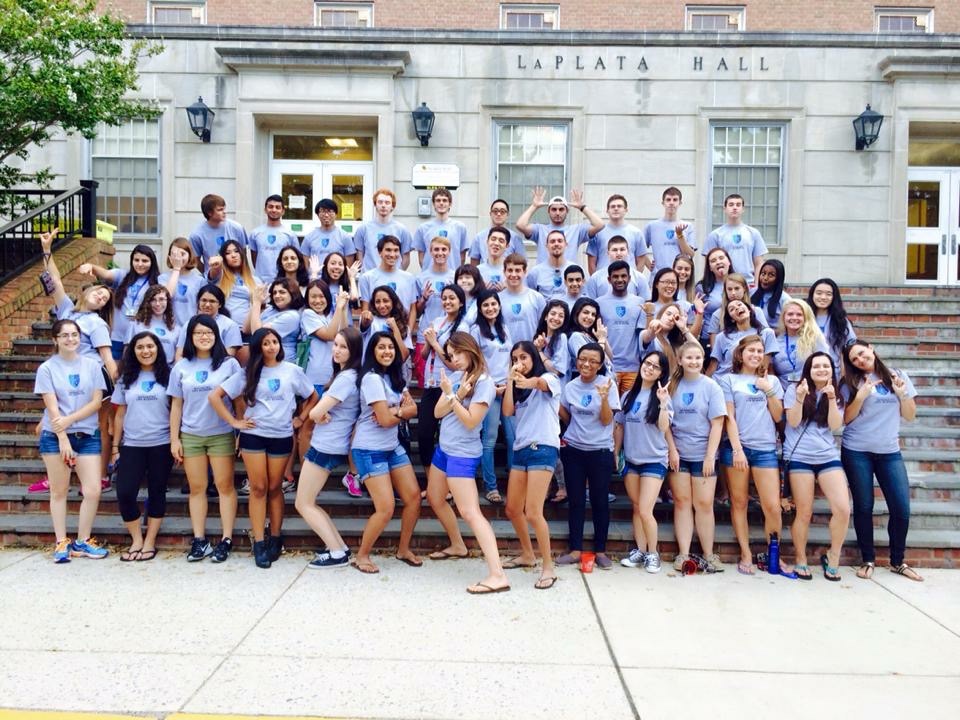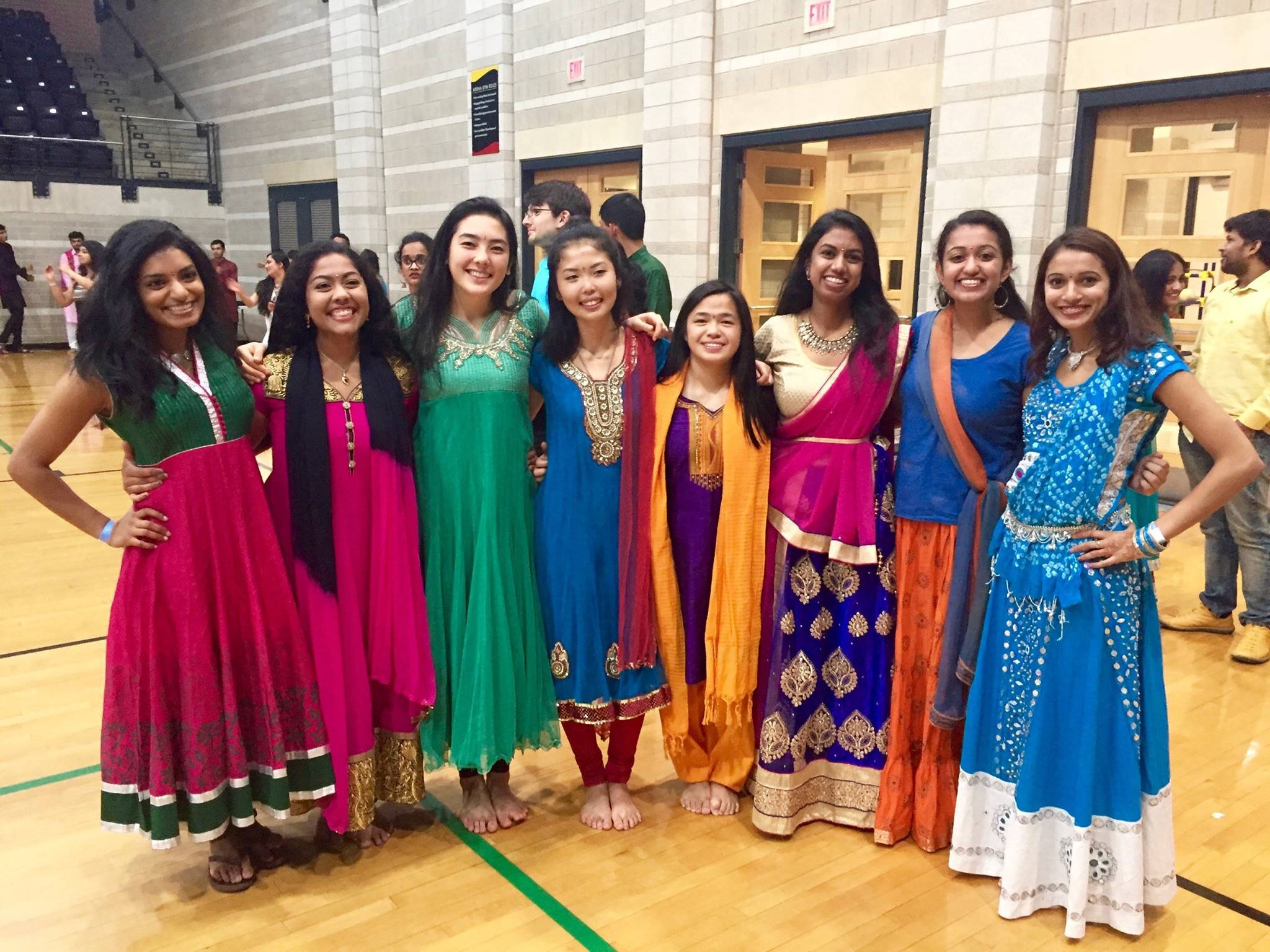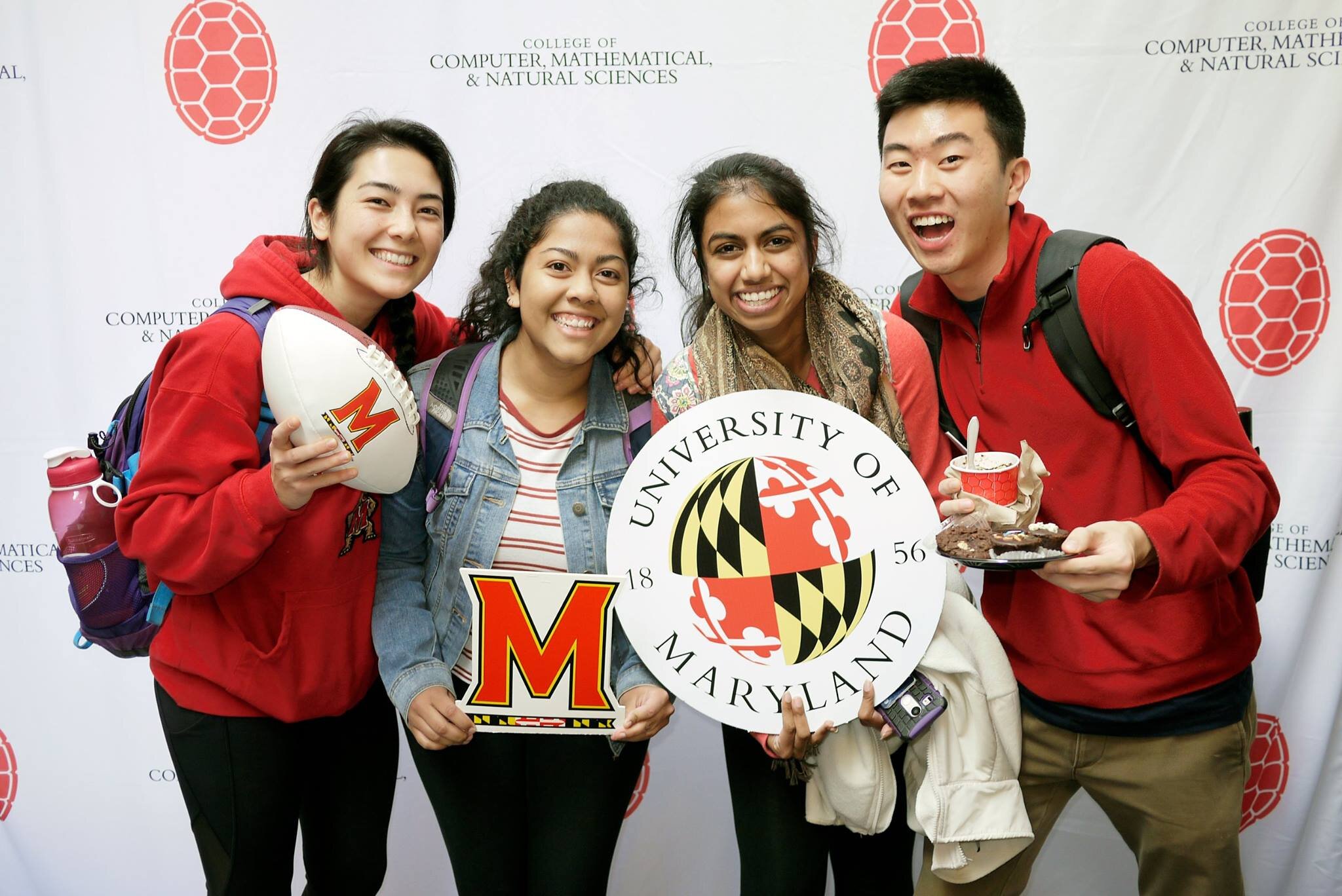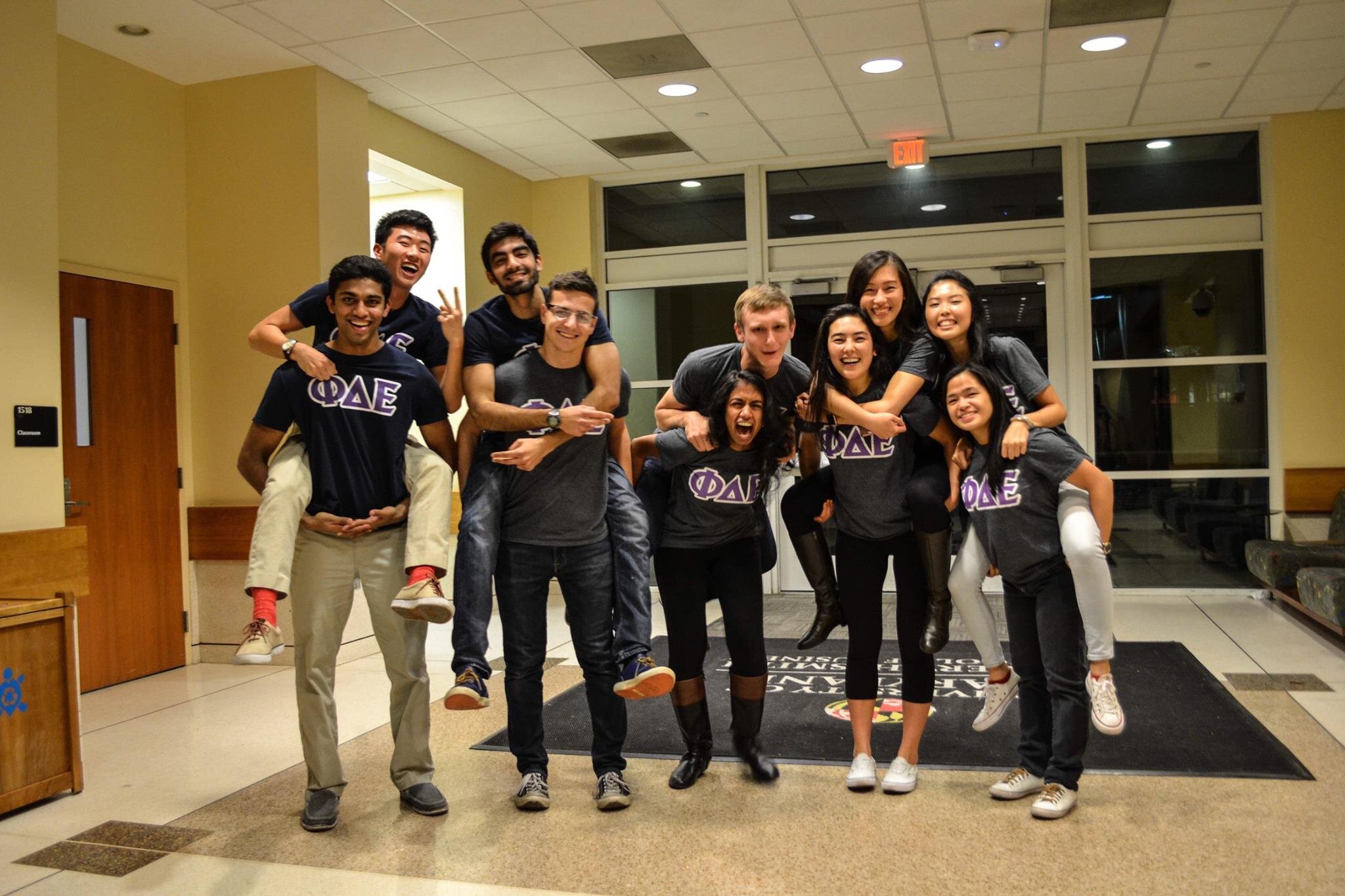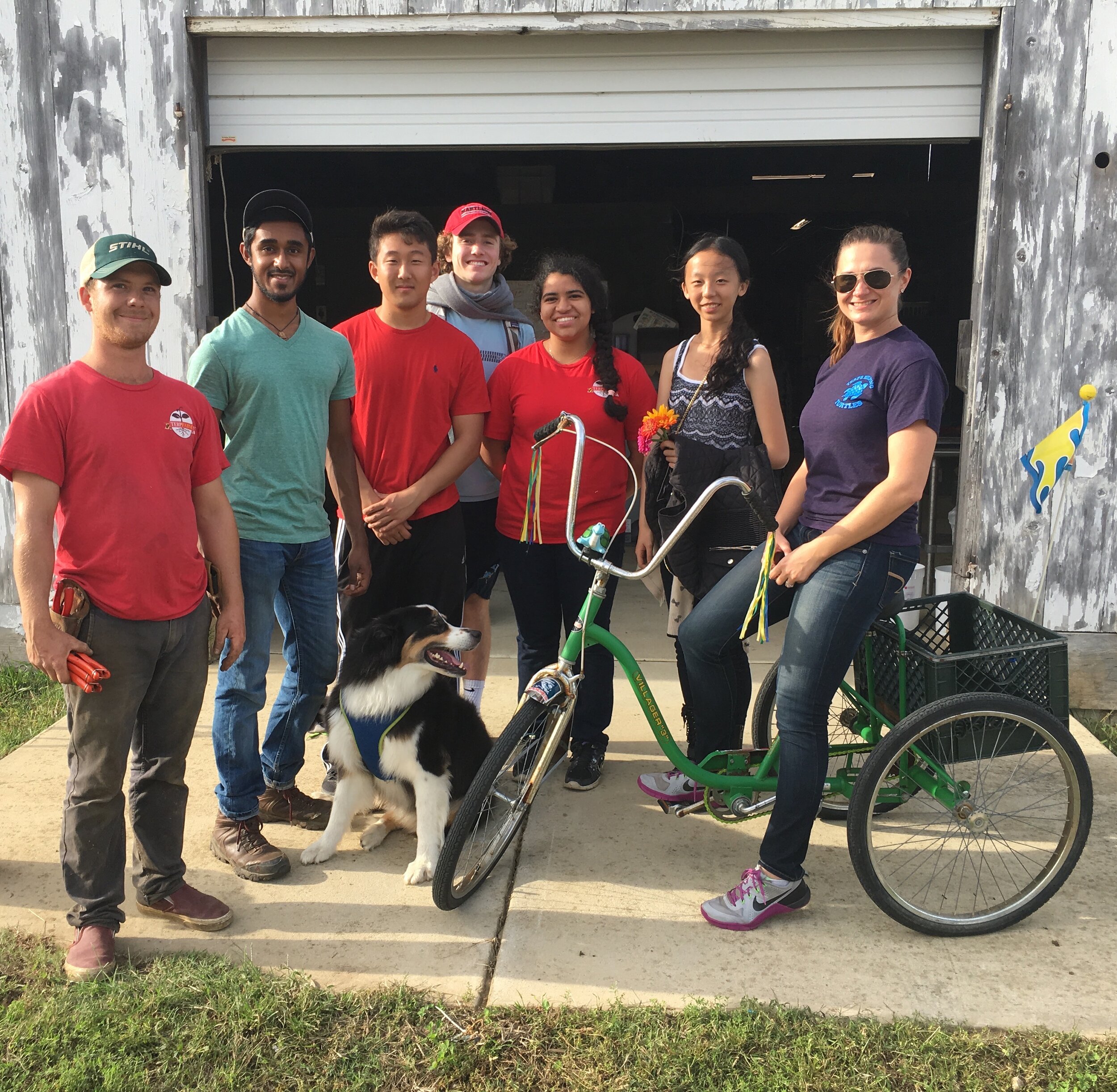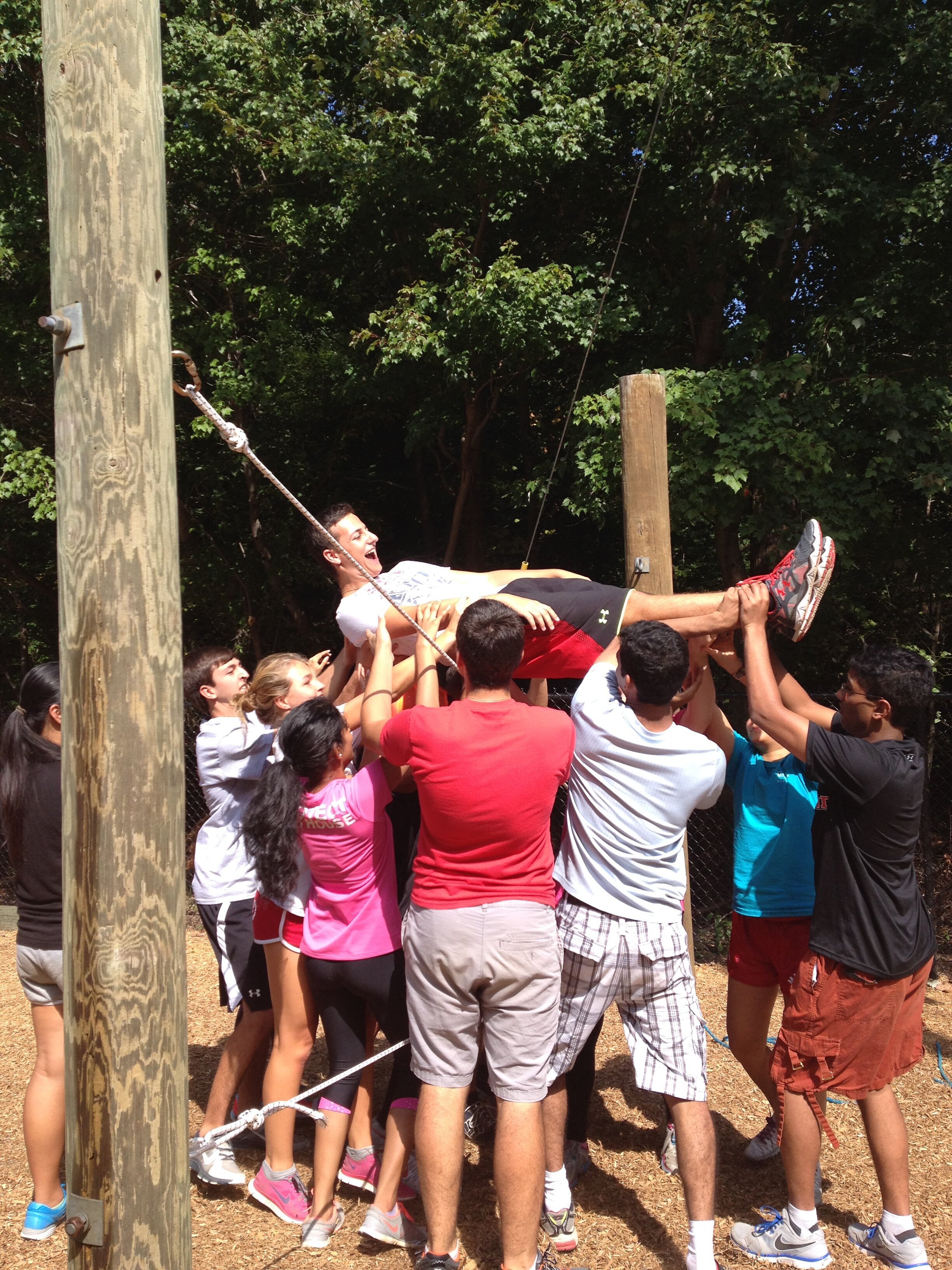The ILS Community: Living and learning together
We believe that the best life sciences education is holistic and encourages students to take good care of themselves while striving for ambitious goals, and individual success is not at another’s expense. While academics and research are important components of the ILS program, creating an inclusive and welcoming student community that fosters collaboration is a leading factor in student success. ILS strives to build a supportive community by following a living-learning model, which combines courses, residential life, social programs, wellness initiatives, and service opportunities into a comprehensive Honors Program. Aside from just living together, ILS students are encouraged to develop their leadership skills as Peer Mentors, Section Leaders, Undergraduate Teaching Assistants, the Office Assistant, and Social Media Assistant roles.
Residential living: Laplata hall
All first-year ILS students live together on the 8th and 9th floors of air-conditioned LaPlata Hall, a fantastic campus location steps away from the Diner, Eppley Recreation Center, many common life science classrooms, and the Xfinity Center. ILS faculty and staff have their offices in LaPlata to encourage convenient appointments, check-ins, and office hours for students. Two Resident Assistants on each floor are trained to build community, build a respectful community for a diverse student population, and connect students with campus resources to support everything from their physical and mental health, to academic support services, extracurricular opportunities, faith-based groups, and more.
Social Programs:
Each year there are are a variety of social programs offered to ILSers to encourage relationship building, take advantage of local attractions, and HAVE FUN! Previous activities have included a bus trip to a local corn maze, Family Dinners in LaPlata, a Self-Care Slumber Party, trip to the Baltimore Aquarium, DC excursions, and Georgetown Cupcake receptions. Each year the programs accommodate evolving student interests.
Annual ILS programs include the ILS Welcome Dinners at the start of the fall and spring semesters, UMD Scavenger Hunt during Welcome Weekend for our new students, the Challenge Course (team building exercises for our first-years, see video above), Citation Dinner (catered in the Colony Ballroom), ILS seminar series and Senior Celebration. These events celebrate specific milestones and allow ILS students to mingle with faculty and staff as well as members of other cohorts. Food is always provided!
Wellness initiatives:
Our Assistant Director, Jalah Townsend, has a Master's in Student Affairs and brings expertise in student development and wellness to the ILS team. She provides a holistic and comprehensive approach to an ILS education, which augments the academic coursework focus.
The transition course for all incoming first-years, HLSC100, includes a lesson on wellness that covers the most common concerns for ILSers, strategies for self-care and stress management, and access to resources on campus that can strengthen multiple facets of a student's wellbeing. In 2016, Wellness BINGO debuted for all ILS cohorts, and students practice incorporating self-care techniques into their busy lives. They can win wellness tools like yoga mats, nap blankets, healthy snack packs, and water bottles.
Wellness is also incorporated into programming, with fresh fruit and vegetables offered at snack tables and wide-ranging dietary needs met for all of our students. The Assistant Director discusses students' self-care consistently in advising appointments, and guides students on an individual basis to best suit their unique needs. Finally, wellness is a component of employment expectations for Section Leaders, office staff, and professional staff to role model healthy habits.
LEADERSHIP DEVELOPMENT:
ILS includes several opportunities for students to pursue leadership opportunities. All first-year students are highly encouraged to participate in the Peer Mentor program, which matches first-years with an experienced ILSer. Mentors are valuable resources for incoming students, who frequently communicate over the summer to offer advice on everything from course selection to what it’s like living in a residence hall, and what to pack! Mentors have uniform guidelines for checking in with their Mentees, and the fall semester offers monthly programs just for members of the program. Recent Peer Mentor programs include a DC scavenger hunt, picnic at Lake Artemisia, Georgetown Cupcakes, and bubble tea night.
ILSers can apply for the positions of Undergraduate Teaching Assistants (UTAs) for HLSC100 and other ILS-required courses. Both positions earn stipends working directly with ILS professional staff in the classroom and are viewed as important leadership roles in the program. UTAs for HLSC100 teach in pairs, and are trained in classroom management, teaching effectively as a team, creating an inclusive and respectful environment, lesson planning, and equitable grading. In fall 2016, ILS piloted a new course for UTAs training them in similar skills with additional course-appropriate content. Students learn highly transferable skills in both of these positions that transcend the semester they teach.
Finally, ILS employs an undergraduate as an ILS Office Assistant (OA) in the LaPlata Honors Office Suite. The OA compiles the weekly community-wide listserv that goes directly to student Inboxes with relevant content on upcoming events, internship opportunities, scholarship applications, research positions, and interesting seminars. The OA also serves as the student liaison between the professional staff and the students, and often supports the Assistant Director with students programming needs.

